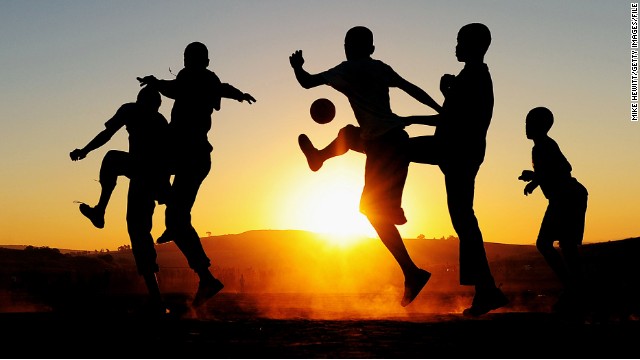


The breaking of the fast at sunset is at once a family event and a community event. The tradition flows from the act of the Messenger of Allah who used to break his fast with dates, or if there were no dates, with water. Traditionally, the fast is broken by eating dates and drinking a cup of yoghurt or water (but this could differ from one country to another). The word ‘iftar' literally means ‘break the fast' and is supremely appropriate to describe the breaking of the fast that has been observed during daylight hours. The faithful give praise and thanks to God for his generosity and gladly share their God-given prosperity with the poor, the deprived and the less privileged. Specific categories are exempt from observing the fast – children who have not attained puberty, those who are aged, pregnant women, nursing mothers, menstruating women, those who are not of sound mind, the sick, and travellers.īut, those who are exempt from observing the fast must feed at least one needy person every day or contribute alms equivalent to the cost of a meal for one person for every day the fast is not observed.įasting acts as a reminder of the deprivation experienced by millions of fellow human beings who are not sure of having even one square meal a day. The fast begins every morning, with Al Fajr (prayer of the morning), and ends every day at dusk, with Al Maghrib (prayer at sunset).ĭuring the month, this is a daily routine for devout Muslims. Reconnecting with God, practicing self-discipline, renouncing negative behaviour, alms giving and purification of the soul are an integral part of the observance of the month. The Ramadan month is about much more than mere deprivation of physical and psychological demands. The fast, from sunrise to sunset, every day of the month, is to be observed by all Muslims who are sound in mind and body, and are past the age of puberty.įaithful observance of the fast is one of the five pillars of belief in Islam, and the devout is called upon to scrupulously adhere to the tenets of the fast.ĭuring the daylight hours, the faithful are enjoined to abstain absolutely, not only from all food and drink but also from succumbing to the temptation to fulfil any other physical needs such as smoking, sexual activity, etc. Ramadan (also called Ramzan) is the ninth month of the Islamic calendar. Ramadan is the most sacred month of the Islamic calendar, commemorating the appearance of the Archangel Jibril (Gabriel) to Prophet Muhammad (PBUH), and the revelation to the Prophet of the opening verses of the Quran.Īround the world, followers of Islam wait, in eager anticipation, for the onset of Ramadan when they will once again invest one month in fasting, penitence, introspection, charity and spiritual reflection. Ramadan 2016 is expected to start on Monday, the June 6th, 2016.


 0 kommentar(er)
0 kommentar(er)
